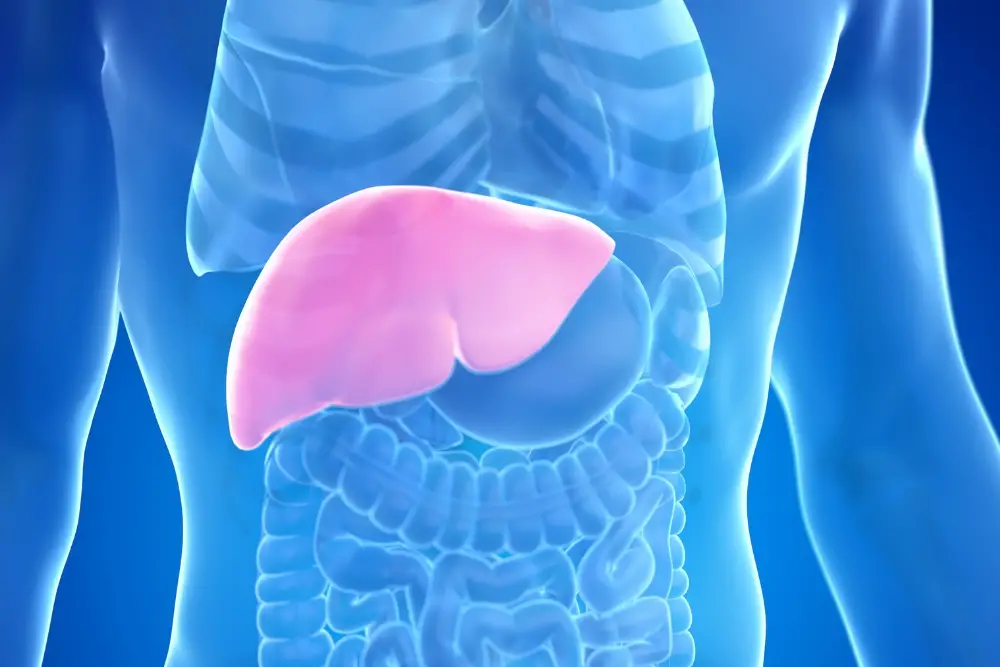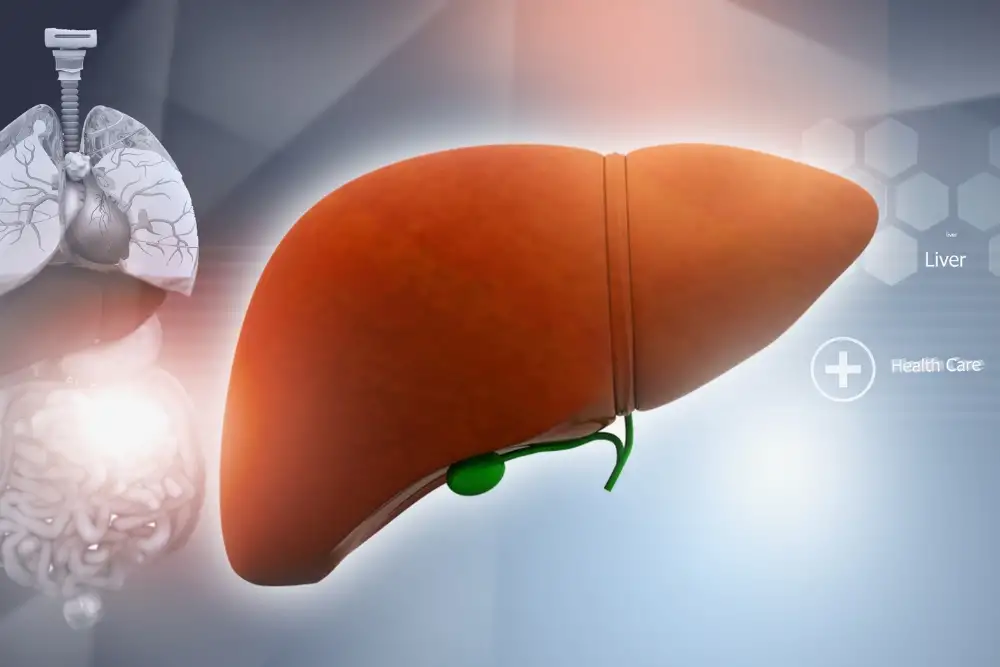Understanding and Managing Fatty Liver Disease Through Diet and Lifestyle
Fatty liver disease, particularly Nonalcoholic Steatohepatitis (NASH), often begins with subtle symptoms that may go unnoticed.

Early detection is crucial for effective management. Adopting a well-balanced diet plays a vital role in both prevention and treatment, with foods like leafy greens, whole grains, and lean proteins aiding liver health.
What is Fatty Liver Disease?
Fatty liver disease is a condition where fat builds up in the liver cells. There are two main types: alcoholic fatty liver disease and nonalcoholic fatty liver disease (NAFLD). NASH, a more severe form of NAFLD, can lead to liver damage and scarring if left untreated. The symptoms of fatty liver disease are often mild or absent in the early stages, making it difficult to diagnose without medical testing. Common symptoms, when they do appear, include fatigue, weight loss, and abdominal discomfort.
Dietary Recommendations for Fatty Liver
A diet tailored to support liver health is critical in managing and potentially reversing fatty liver disease. Here are some dietary recommendations:
-
Increase Fiber Intake: Foods high in fiber, such as whole grains, fruits, and vegetables, help in reducing fat accumulation in the liver. Fiber aids in digestion and helps in maintaining a healthy weight, which is crucial for liver health.
-
Choose Lean Proteins: Incorporating lean proteins such as chicken, fish, and legumes can help manage weight and support liver function. Proteins are essential for repairing damaged tissues and regenerating cells.
-
Limit Sugar and Saturated Fats: High sugar and saturated fat intake can exacerbate fatty liver disease. Reducing consumption of sugary beverages, snacks, and processed foods is essential.
-
Incorporate Healthy Fats: Foods rich in omega-3 fatty acids, like salmon and walnuts, are beneficial for liver health. These fats can help reduce liver fat levels and inflammation.
Lifestyle Changes to Support Liver Health
In addition to dietary changes, adopting a healthier lifestyle is vital for managing fatty liver disease:
-
Regular Physical Activity: Engaging in regular exercise helps burn triglycerides and reduces liver fat. Aim for at least 150 minutes of moderate aerobic exercise, such as walking or cycling, per week.
-
Weight Management: Maintaining a healthy weight is crucial for liver health. Even a modest weight loss of 5-10% of body weight can significantly improve liver function and reduce fat accumulation.
-
Stress Reduction: Chronic stress can negatively impact liver health. Practices such as yoga, meditation, and deep breathing exercises can help manage stress levels.
-
Limit Alcohol Consumption: While NAFLD is not caused by alcohol, limiting alcohol intake can prevent additional liver damage.

Supplements and Natural Remedies
Certain supplements and natural remedies can support liver health, especially for seniors:
-
Milk Thistle: Known for its liver-protecting properties, milk thistle can help reduce liver inflammation and promote cell repair.
-
Vitamin E: Some studies suggest that vitamin E can help reduce liver inflammation and improve liver function in people with NASH.
-
Turmeric: Curcumin, the active ingredient in turmeric, has anti-inflammatory and antioxidant properties that may benefit liver health.
Before starting any supplements, it's essential to consult with a healthcare professional, especially for seniors who may have other health considerations.
Conclusion
Managing fatty liver disease requires a comprehensive approach that includes dietary changes, lifestyle modifications, and potentially supplements. By understanding the condition and adopting recommended practices, individuals can significantly improve their liver health and overall well-being. Early detection and proactive management are key to preventing the progression of fatty liver disease. Prioritizing a balanced diet, regular exercise, and stress management can empower individuals to take control of their health, offering a path to a healthier liver and a better quality of life.
Disclaimer: This article is for informational purposes only and should not be considered medical advice. Always consult with a healthcare professional for personalized guidance. Prices are accurate as of the publish date and may vary over time.